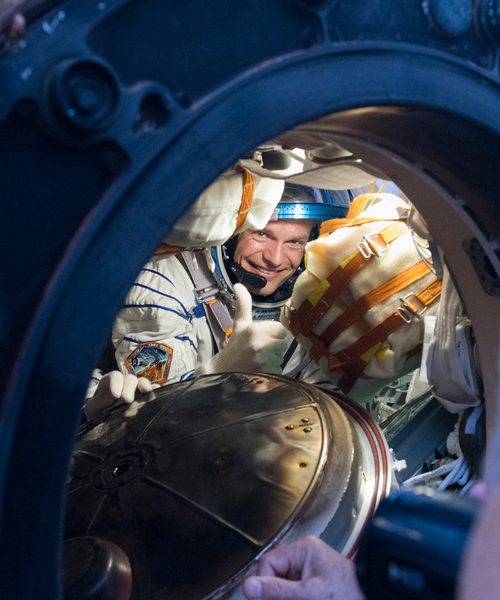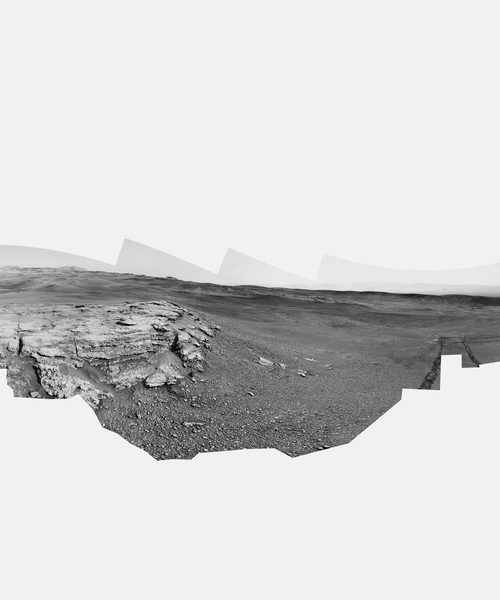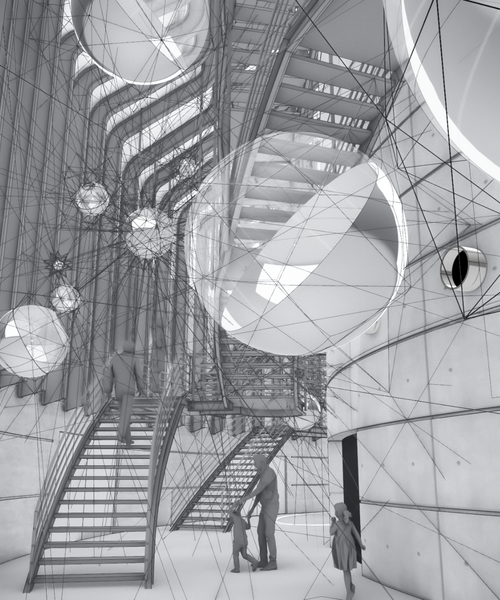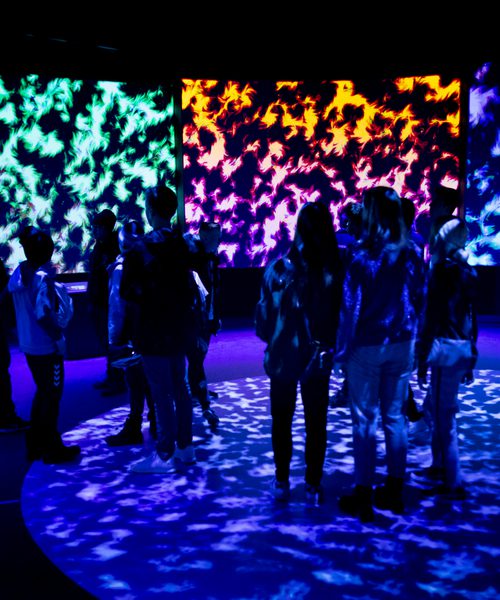
The world's wildest telescopes
Telescopes provide a unique perspective when they allow us to see the universe in UV, X-ray and infrared wavelengths. They also help us learn more about the universe - and ourselves. With Planetarium's vivid and razor-sharp planetarium system, we bring you up close to the big instruments as we visit the largest and most important telescopes on Earth and in space.
Type
Event
info
Please note that the event is held in Danish
Programme:
19.15: Lecture starts
20.15: Questions
20.30: Break
20.50: The movie Unseen Universe
21.30: Thank you for tonight
- dk
For as long as humans have existed, we have looked to the stars to amaze and inspire us.
Over the millennia, astronomy has evolved. New technologies and ideas have continuously emerged, but the greatest innovation in astronomy occurred in 1609 when astronomer Galileo Galilei was the first to turn a telescope towards the night sky.
The telescope revolutionized astronomy and expanded our horizons - not just to the stars, but to our place in the universe.
Today, we have built several huge telescopes all over the world and in orbit around the Earth. These telescopes observe space and contribute to our collective understanding of the universe we are a part of.
This evening in Planetarium we travel the world and visit some of the largest and most famous telescopes. Journey to the Atacama Desert in Chile, the top of Manua Kea in Hawaii, the James Webb Space Telescope and many more amazing places where amazing scientists and brilliant engineers have built instruments that can look back in time and out into the universe.
Experience space in a whole new way as we explore it through data from the world's wildest telescopes. From Tycho Brahe's observations of a supernova and Galileo's first look at Saturn's rings, to the Hubble telescope's incredible images of the universe.
We dive into how telescopes use the light from galaxies to probe the invisible dark matter and why space telescopes are our most important tool in the search for alien solar systems. Last but not least, we'll learn how to build a telescope the size of Earth - and why scientists around the world are excited about a blurry image of a black hole.
Join us for an evening under the planetarium dome as we explore the universe in both visible and invisible wavelengths and discover new galaxies where before there was complete darkness.
After the lecture, we will show the movie The Marvelous Light of Space, created by the European Southern Observatory and others. The movie gives insight into how we continue to make new and groundbreaking discoveries using hugely advanced observation technology.
Price
Standard, 205 DKK / Annual pass holder, 103 DKK / Students, 150 DKK
As an annual pass holder, you get a 50% discount on your entrance ticket.
It is not possible to use free and discounted tickets for special events such as this, unless otherwise stated.
Your ticket gives access to our exhibitions and activities, so arrive early if you want to experience this before the special event.
Tickets cannot be reserved and purchased tickets are non-refundable.
This purchase is covered by section 18(2) of the Danish Consumer Contracts Act, which means that the right of withdrawal lapses when your order is completed.









